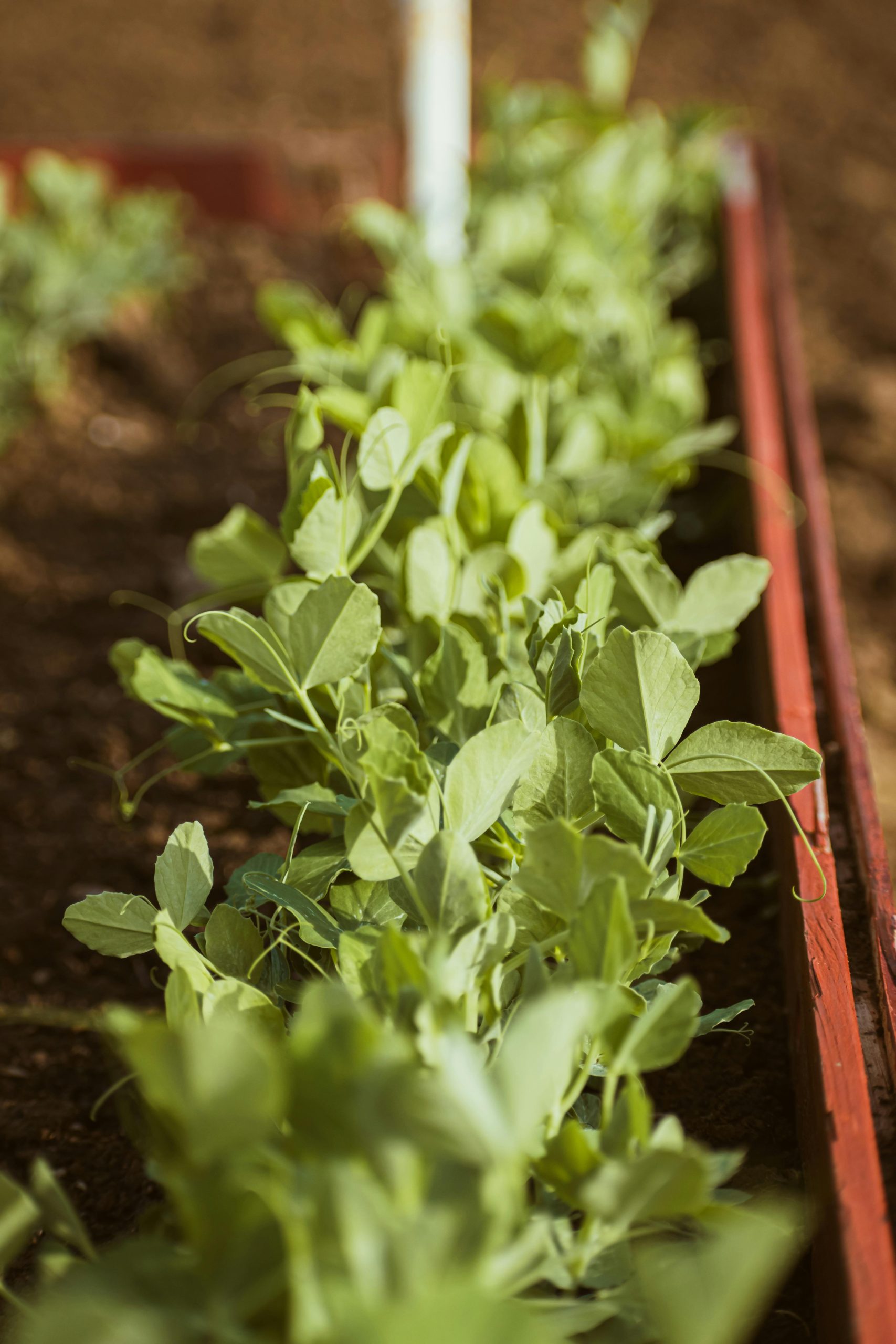Starting a food blog in 2024 is an exciting way to share your culinary passion, connect with like-minded foodies, and even turn your hobby into a profitable business. With the right strategy, you can grow your blog quickly and stand out in a competitive niche. Whether you’re a home cook, a professional chef, or just someone who loves food, this guide will walk you through the proven steps to launch and scale your food blog successfully.
Choose Your Niche and Define Your Brand
Before diving into the technical aspects, it’s crucial to define your blog’s focus. Food blogging is a broad niche, so narrowing it down will help you attract a dedicated audience. Consider these popular sub-niches:
- Healthy eating (vegan, keto, gluten-free)
- Regional cuisines (Italian, Mexican, Asian)
- Baking and desserts
- Quick and easy meals
- Gourmet or fine dining
Once you’ve chosen your niche, develop a unique brand identity. Pick a memorable blog name, design a logo, and establish a consistent visual style (colors, fonts, photography). Your brand should reflect your personality and the type of content you’ll create.
Set Up Your Food Blog Professionally
A professional setup is key to making a great first impression. Follow these steps to launch your blog:
1. Register a Domain Name and Hosting
Choose a domain name that’s short, easy to spell, and related to food. Use a reliable hosting provider like Bluehost or SiteGround for fast loading speeds and minimal downtime.
2. Install WordPress
WordPress is the best platform for food blogs due to its flexibility and SEO-friendly features. Most hosting providers offer one-click WordPress installation.
3. Pick a Food-Friendly Theme
Select a responsive, visually appealing theme designed for food blogs. Popular options include Foodie Pro, Cookd, or Delicious.
4. Install Essential Plugins
Enhance your blog’s functionality with plugins like:
- Yoast SEO for optimizing content
- WP Recipe Maker for recipe cards
- Smush for image compression
- MonsterInsights for tracking traffic
Create High-Quality Content That Ranks
Content is the heart of your food blog. To attract and retain readers, focus on these elements:
1. Write Detailed, SEO-Optimized Recipes
Each recipe post should include:
- A captivating introduction
- Step-by-step instructions
- High-quality photos (at least 5-7 per post)
- Nutritional information (if applicable)
- Tips and variations
2. Use Keyword Research
Tools like Google Keyword Planner or Ubersuggest help identify what your audience is searching for. Target long-tail keywords like “easy vegan dinner recipes” or “gluten-free banana bread” to rank faster.
3. Invest in Food Photography
Stunning visuals are non-negotiable for food blogs. Use natural lighting, style your dishes attractively, and edit photos with tools like Lightroom or Canva.
Promote Your Blog and Grow Your Audience
Creating great content isn’t enough—you need to actively promote your blog to grow quickly.
1. Leverage Social Media
Share your recipes on platforms like Instagram, Pinterest, and TikTok. Use relevant hashtags and engage with food communities to increase visibility.
2. Start an Email List
Collect email addresses from day one using tools like ConvertKit or MailerLite. Send weekly newsletters with exclusive recipes and updates to build loyalty.
3. Collaborate with Other Bloggers
Guest post on established food blogs or invite influencers to contribute to your site. Cross-promotion helps you tap into new audiences.
4. Monetize Early
Don’t wait to start earning. Explore revenue streams like:
- Affiliate marketing (Amazon, cooking tools)
- Sponsored posts with brands
- Ad networks (Mediavine, AdThrive)
- Selling e-books or meal plans
Conclusion
Starting and growing a food blog in 2024 requires a mix of passion, strategy, and consistency. By choosing the right niche, setting up a professional website, creating SEO-friendly content, and actively promoting your blog, you can build a thriving online presence. Remember, success doesn’t happen overnight—stay patient, keep improving, and most importantly, enjoy the process of sharing your love for food with the world.
